Keywords: Public Funding
There are more than 200 results, only the first 200 are displayed here.
-

AUSTRALIA
- Frank Brennan
- 30 May 2016
5 Comments
'Being in the middle of an election campaign, I will not be making any partisan party political points. However being here in the bellwether seat of Eden-Monaro, I will conclude with a critique of both major political parties, and with one piece of political advice for citizens of goodwill seeking a national asylum policy more in harmony with the ideals set out by our bishops in their social justice statement.' Yass Catholic Parish Potluck Dinner, 28 May 2016
READ MORE
-

AUSTRALIA
- Esther Anatolitis
- 24 May 2016
13 Comments
Universities and the CSIRO are attacked and funds cut while the government promotes an 'ideas boom'. Creative industries and the Australia Council are diminished and investment slashed while the government talks of an 'innovation agenda'. It takes confidence in your own skill as a decision-maker to recognise the expertise of others as something you don't share but can benefit from. Instead we see nervous leadership, too anxious to trust in those who can build that future.
READ MORE 
-
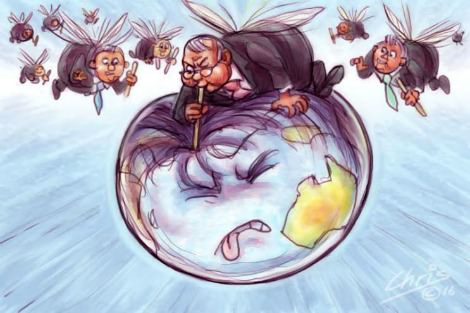
ECONOMICS
- David James
- 18 April 2016
11 Comments
Three finance-related events are currently gaining great attention in the media. One is the so-called Panama Papers. Another is the proposal to have a royal commission into the banks. And a third is the furore over the unaffordability of homes and the debate over negative gearing. On the surface they would seem to be quite separate issues. But all three issues demonstrate yet again that banks are, if not the most malign organisations on the planet, then certainly among the most dangerous.
READ MORE 
-
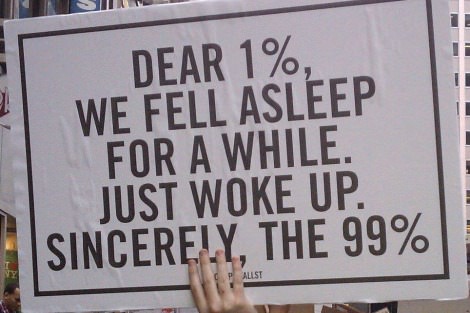
AUSTRALIA
- Fatima Measham
- 18 April 2016
10 Comments
People are sensitised to government-enabled corporate excess and doubt elected officials are capable and willing to serve their interests. The lesson from the 2014 federal budget is that there are non-negotiables around the function of government: to provide the conditions that ensure the flourishing of all citizens. Yet in terms of future-proofing living standards, the Coalition has so far presided over an ideas bust rather than boom, unless boom is the sound of something spontaneously combusting.
READ MORE 
-

AUSTRALIA
- Fatima Measham
- 01 April 2016
For victims and survivors, the royal commission report into family violence comes as catharsis. For activists and advocates, it is vindication. Perpetrators thrive on impunity. Impunity is built on uncertainty of punishment, cultures of silence, victim-blaming and perceived collusion with figures of authority. Dismantling this is central to violence prevention and ensuring the safety of women and children in the home. The royal commission addresses this goal across 227 recommendations.
READ MORE 
-
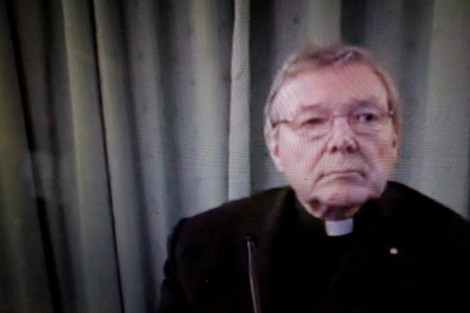
AUSTRALIA
- Paul Coghlan
- 07 March 2016
42 Comments
'It was a sad story and it wasn't of much interest to me.' Pell's brutal response to a question from the royal commission has provided an important point of organisational, personal and cultural reflection. As a survivor of child sexual abuse I understand the disbelief, shock and outrage that such a comment has provoked. And having conducted many organisational reviews, I know that in trying to find the origins of such responses, our understanding of how the world works expands exponentially.
READ MORE 
-

AUSTRALIA
- Andrew Hamilton
- 03 March 2016
9 Comments
Who better to consult than Dr Hippocrates and his humours? Before Tony Abbott's deposition the choleric element dominated in Australia, full of sound and fury. This has been followed by the preponderance of the sanguine humour, expressing itself in that sunny optimism that makes light of problems. But more recent events suggest that the humours are again in chronic imbalance. The core weakness in the Australian constitution has not been removed with the accession of Malcolm Turnbull.
READ MORE 
-
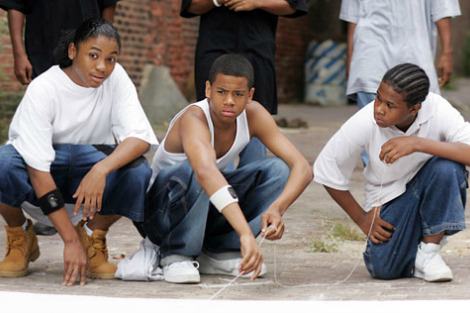
AUSTRALIA
- Gabriela D'Souza
- 02 March 2016
5 Comments
Social impact bonds are a type of impact investing: investing for results. A community service provider who wants to pilot or scale up an existing program can use SIBs to finance their projects. A bond issuer makes the SIBs available to private investors, who will receive the principal with interest if the program attains a predetermined success rate. While modified versions of this model are being trialled in NSW, the heartbreaking fourth season of HBO's The Wire sheds light on how they might work.
READ MORE 
-
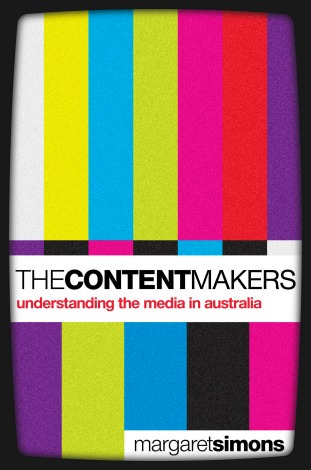
MEDIA
- Jeff Sparrow
- 27 January 2016
13 Comments
Josh Bornstein compared the ABC to the victim in an abusive relationship, desperately trying to ward off the next blow by anticipating the criticism of its enemies. Certainly, enlisting Andrew Bolt to participate in a documentary on Indigenous constitutional recognition seems like a pre-emptive defensive move against the accusations of bias that are routinely levelled against the national broadcaster. For Bolt the arrangement is win-win; for the ABC it's yet another example of self-sabotage.
READ MORE 
-
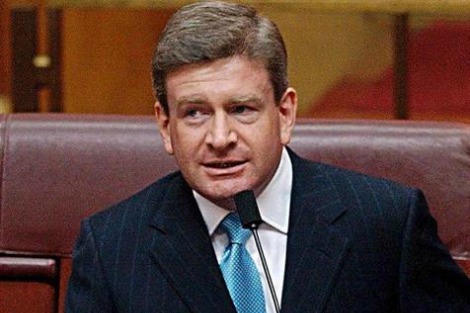
AUSTRALIA
- Esther Anatolitis
- 26 November 2015
2 Comments
One of the few industries lacking a national advocacy platform, the arts, was stunned when a political move was made to undermine the key policy and investment body. The Australia Council is still reeling, and arts leaders from around the country are scrambling to save their organisations and support their colleagues following the Council's drastic cancellation of entire funding rounds. At stake here is the nature of Australian culture and the public experience of it, both now and into the future.
READ MORE 
-

- Frank Brennan
- 18 September 2015
Pope Francis's concerns are not narrowly dogmatic or pedagogical but universally pastoral. He knows that millions of people, including erstwhile Catholics, are now suspicious of or not helped by notions of tradition, authority, ritual and community when it comes to their own spiritual growth which is now more individual and eclectic. He wants to step beyond the Church's perceived lack of authenticity and its moral focus on individual matters, more often than not, sexual. He thinks the world is in a mess particularly with the state of the planet — climate change, loss of biodiversity and water shortages, but also with the oppression of the poor whose life basics are not assured by the operation of the free market, and with the clutter and violence of lives which are cheated the opportunity for interior peace. He is going to great pains to demystify his office. He wants all people of good will to emulate him and to be both joyful and troubled as they wrestle with the probl
READ MORE
-
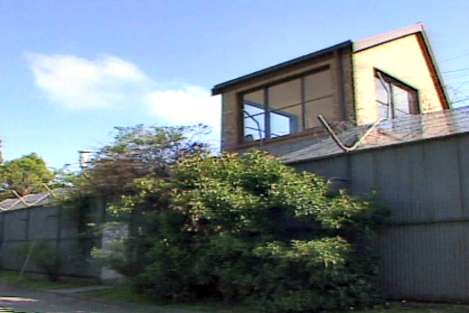
AUSTRALIA
- Madeleine Hamilton
- 07 September 2015
8 Comments
While at Melbourne's Winlaton Youth Training Centre, many became victims of sexual and physical assaults by staff and other girls. This was how the state of Victoria looked after its most vulnerable girls, who following their incarceration were simply expected to get on with their lives. Except many didn't. As the list of witnesses for the Royal Commission hearing was being finalised, I was told: 'There's going to be a lot of very angry and re-traumatised mothers and grandmothers.'
READ MORE 